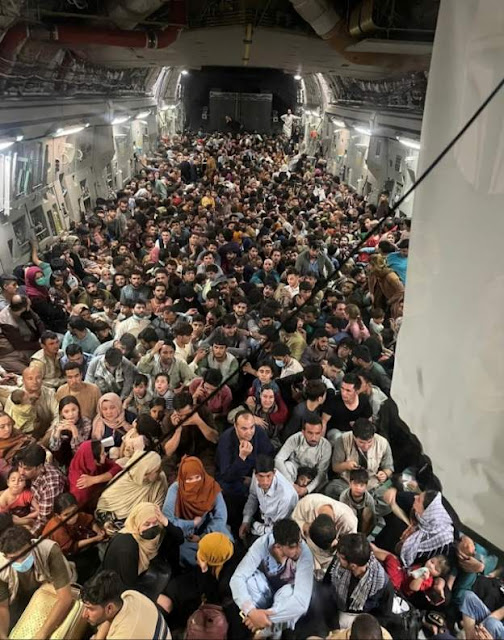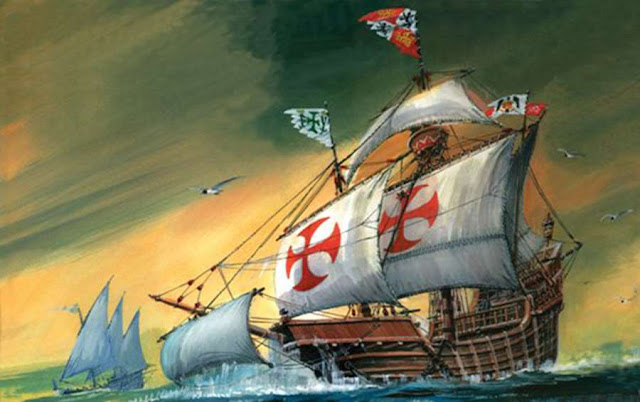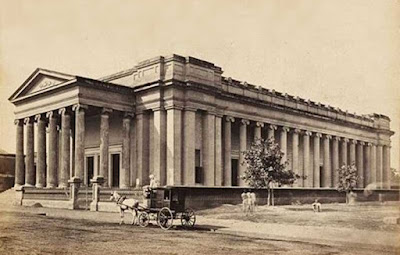When empires end
Are we witnessing the end of an imperial era? Usually, these periods are fraught with violence and uncertainty. Empires are power structures, which crumbles from inside, and everything that stood on its edifice, values, ideas and systems, go down with them. Empires are stable - that's their raison d'etre! Even those who are disadvantaged by the empire support its existence because people would rather tolerate tyranny than anarchy. The end of any empire is therefore accompanied by instability. I know it is odd for me to think this is the end of an empire. The second Trump Presidency is as imperial as it gets. The United States, the world's overlord, is throwing its power around, threatening other countries with tariff and even invasion. It has approached major world issues unilaterally, pulling out of multilateral institutions or conventions, sitting down with Russia without other parties around and proposed to turn Gaza, in defiance of the all norms and wishes of everyone...



